The ‘F’ word families, those that fester, feud and fight, are families that fail. Take it from me and that’s a personal guarantee.
It had been all quiet on the Brown family front when the mum and dad were in their 80s. Sure they were moving more deliberately, but they were happy living together and looking out for each other. Their children were their daily life insurers being very attentive and supportive as well. Later life was good.
Then their 90s arrived. It all seemed to happen in a dramatic flourish of events. First, mum had an ‘F’ word event – a fall. It was her first. She was in hospital. Dad was left at home not coping, either physically or emotionally.
The dreaded ‘separated by circumstance’ had arrived.
In desperation to be with her, dad took an overdose of prescription medication. The plan worked. He ended up in hospital with her, not as a visitor, but as a patient. Their prognoses indicated they could be back at home within a week. However, significant concern was expressed by the hospital about their ability to continue to live independently at home.
Here is the first flint of fester.
Mum and dad are more than happy to go home together and have little insight into the risk that poses for them. If they do understand, they are prepared to take a punt.
The three adult children suddenly divide into opposing camps:
- One was a former hippie and says they should go back home; it’s their right to be empowered to make that decision themselves.
- Another one is a social worker, a bit starry eyed, and says it can be done if we all pitch in and help, for example, make meals for them and roster the children to do other things like cleaning and washing and even staying overnight with them, and throw in a bit of home care if they can be patient and qualify.
- The third is a risk assessor for an insurance company and he can see nothing but risk just getting up in the morning.
Notwithstanding the children’s views, mum and dad are still quite capable of making their own decisions and there’s the rub. They move back home – that’s their decision and no one else’s.
As predicted however, drama builds on drama involving several ambulance visits and trips to hospital. The writing is on the wall but no one seems to see it, or able to do anything about reading the writing.
On the last visit to hospital, the staff advised that mum cannot go home. ‘Cannot’ is the favourite doing word for hospitals but, in reality, it is not for the hospital to say what mum can do, or not do. It is up to her if she has the capacity to do so. Her sense of self-preservation finally kicks in, however, and she tells her children she’s ‘happy’ to go into residential care if only to take the load off dad at home. There is a rider – only if dad comes too.
The children are still divided despite the views of mum. While they should be working to make arrangements and to understand the byzantine world of residential aged care (which they should have done months ago), they continue to bicker amongst themselves, try to pick off (influence) mum when each is alone with her and undermine each other in front of her. Meanwhile dad, tired of the argy bargy simply grunts, “whatever” when he is brought into the discussion.
Space, and your patience, prevents me from recounting the full subsequent saga except to say:
- Mum is not with dad for reasons that are even more complicated and that has distressed them very badly.
- The children think each other is self-serving and self-righteous with a hidden agenda and generally, bonkers.
- The aged care facility becomes like a peace negotiator and family facilitator – it has to ensure that arrangements are scrupulously followed so that none of the children are at the facility to see their mum at the same time and are limited to no more than one hour each.
This family is now final –any chance of redemption or restoration has finally passed. It is a failure or, as I am want to say in the ‘F’ word stakes, it is ‘f.….’.*
*finished
This article was first published by CRH Law on 7 October and is reproduced with permission. Brian Herd is recognised as one of the leading experts in Australia on elder law, aged care, retirement, estate planning and disability. He is a regular author, broadcaster and popular presenter on many elder law subjects and issues.


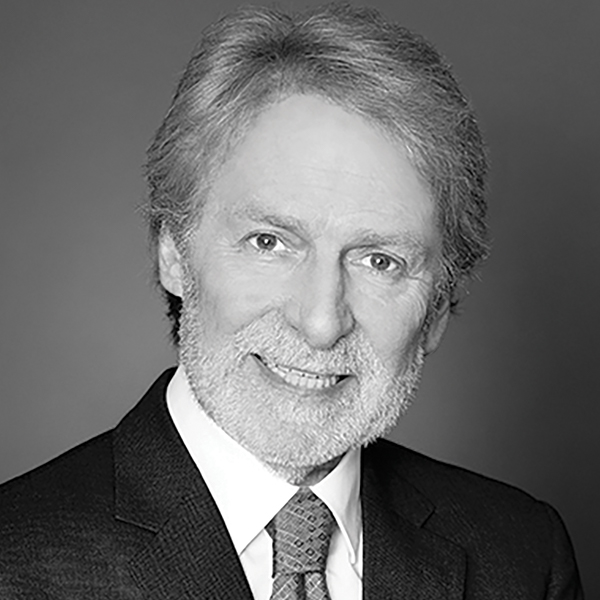




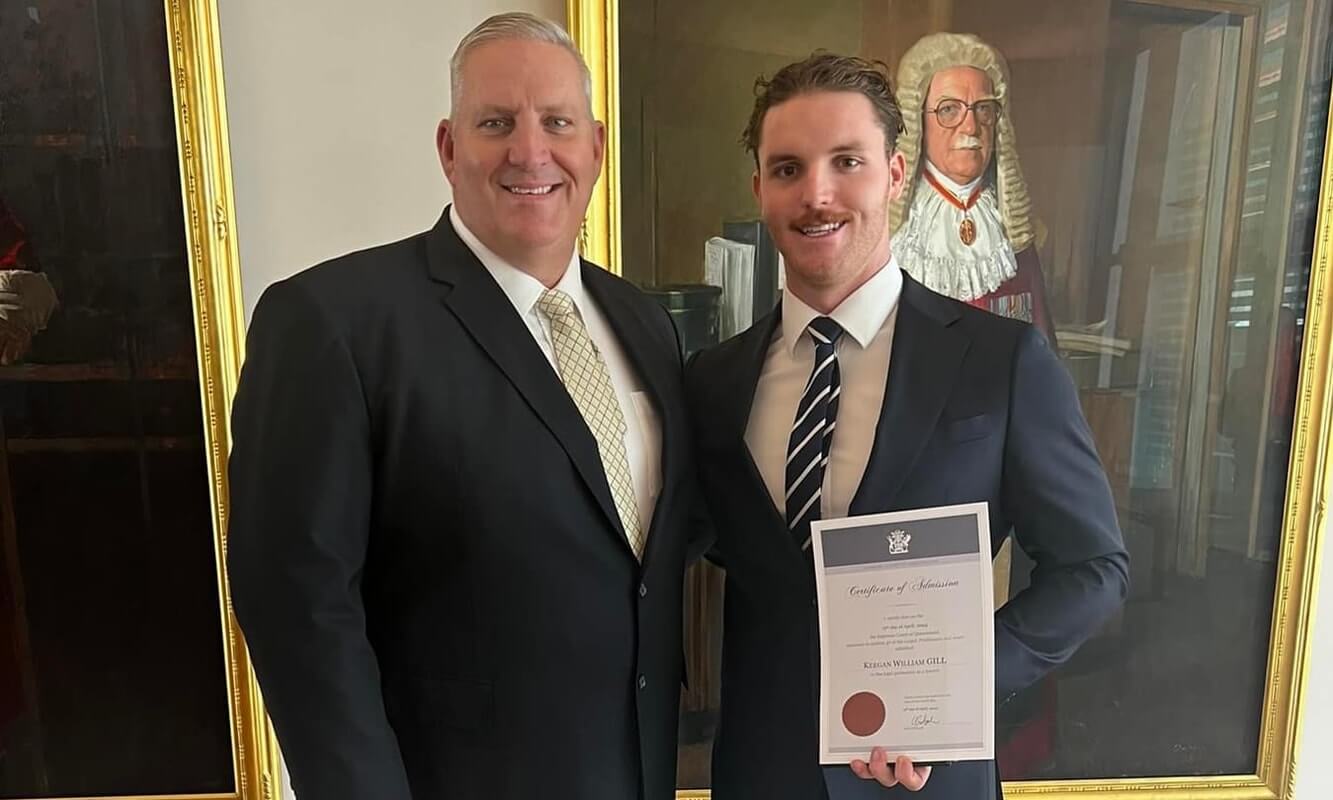
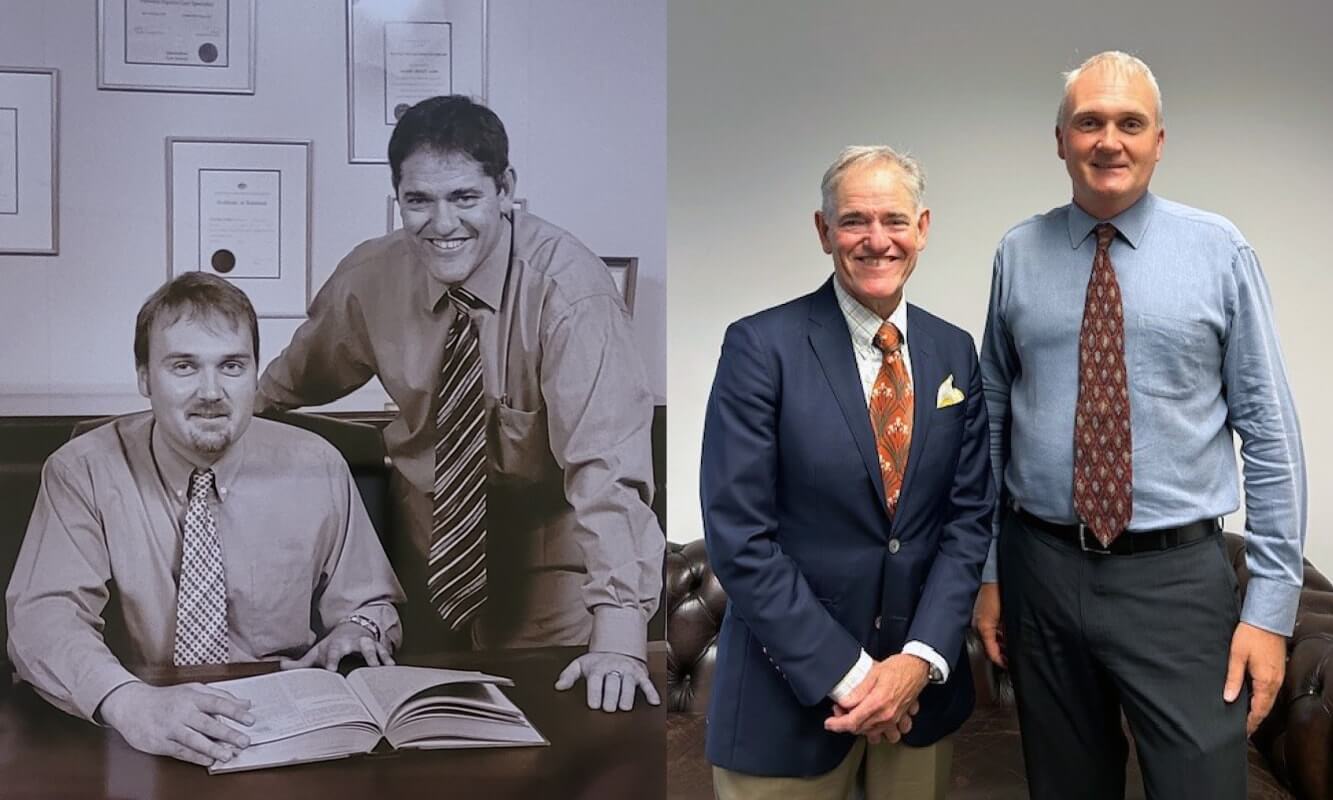
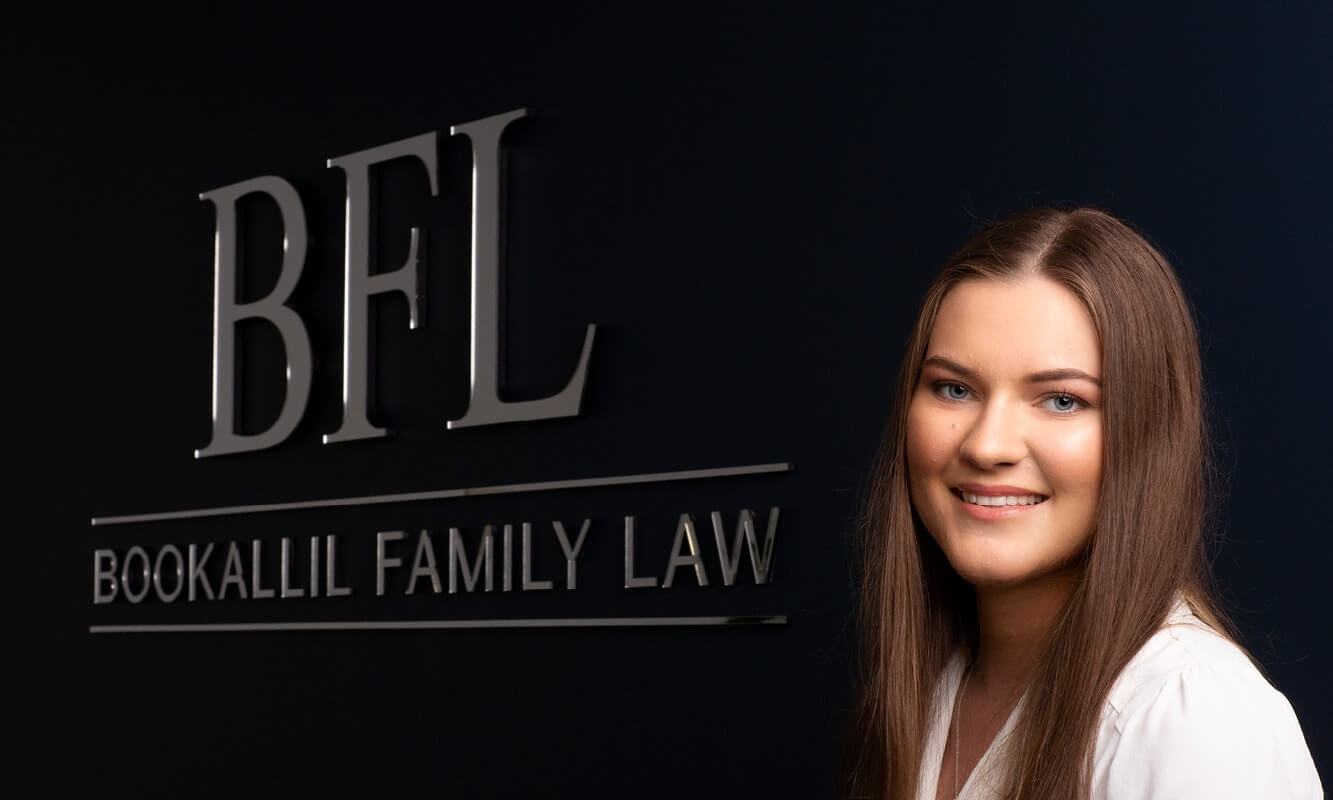
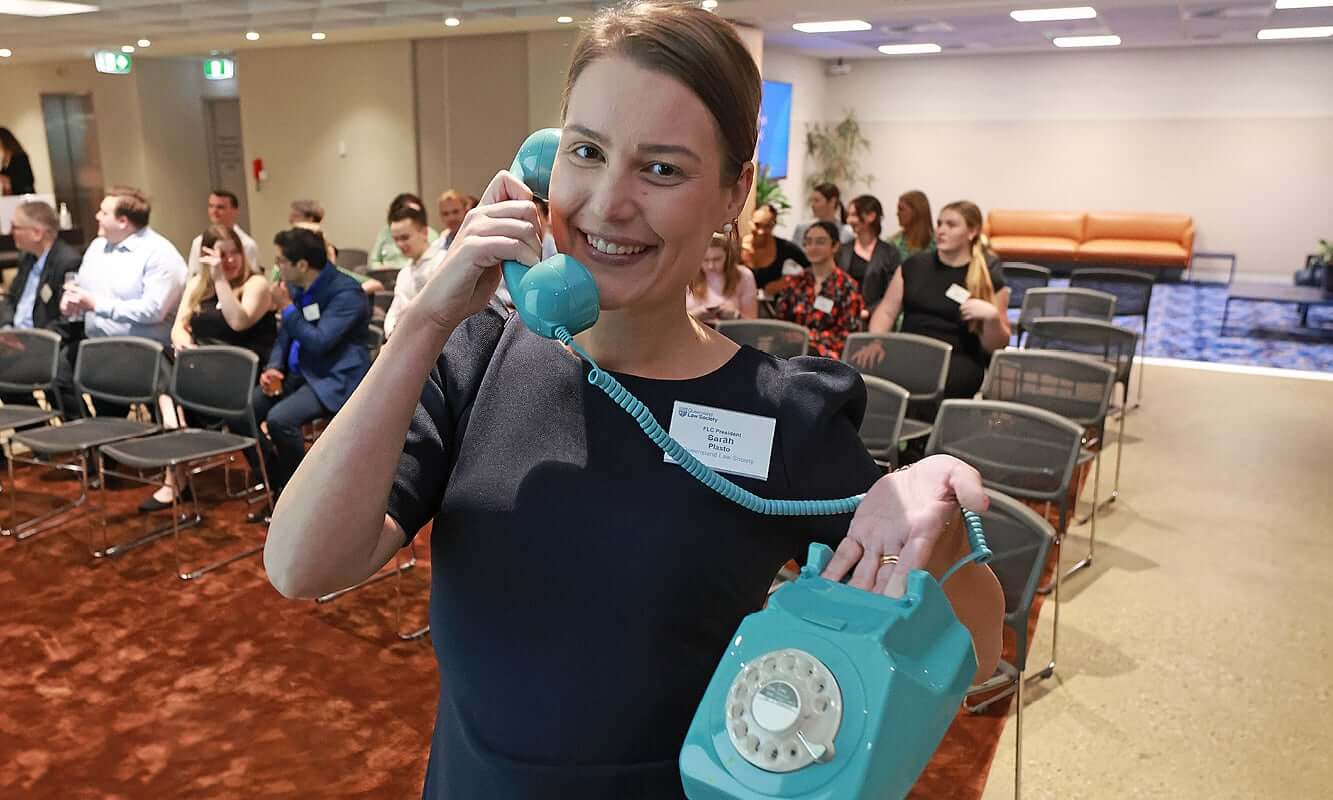

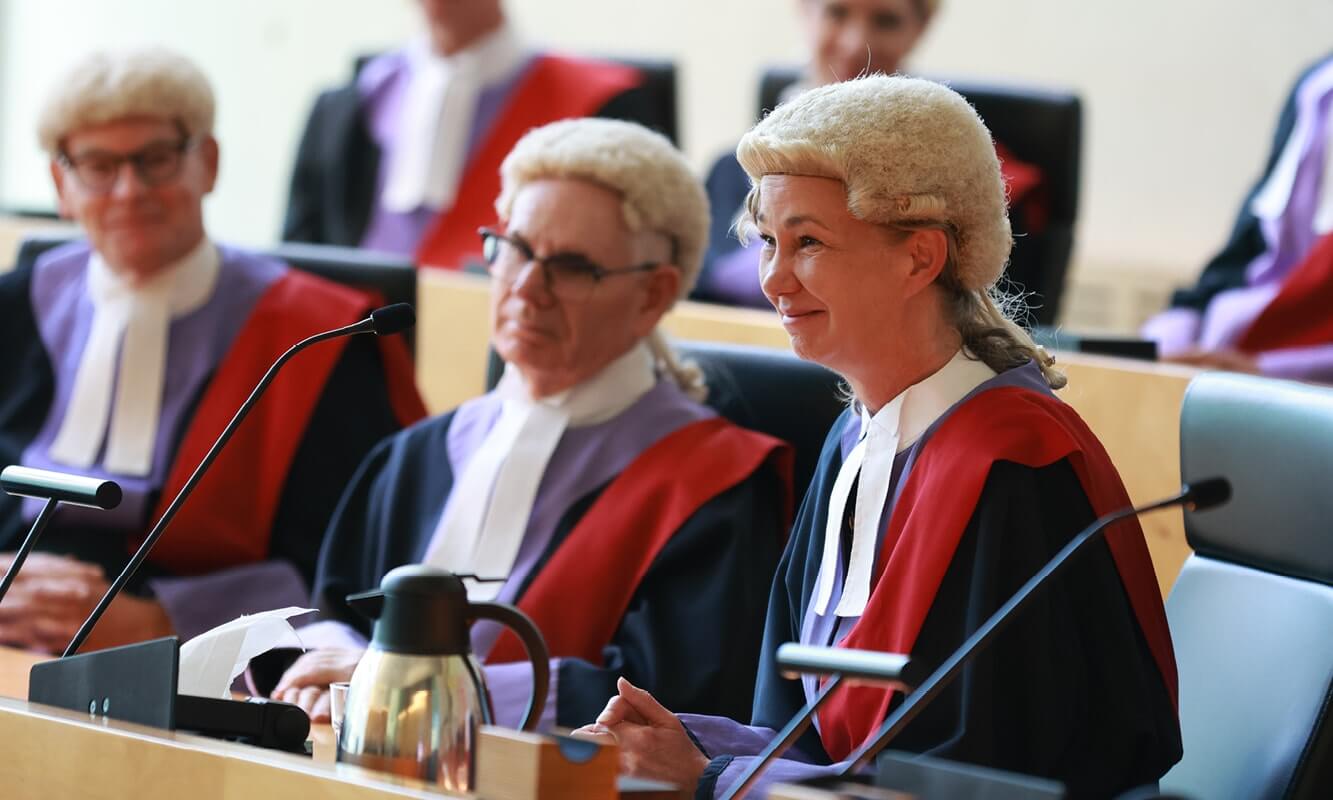

Share this article